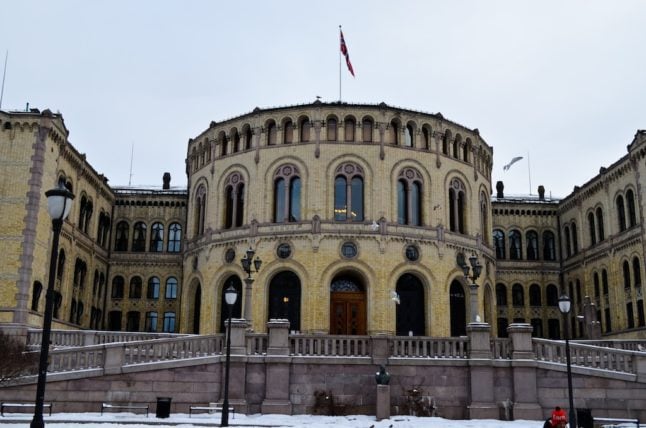Websites around the country went offline after 10am, including the Courts Administration, the Swedish Armed Forces and the Swedish Institute. The Local was also affected for a number of hours.
Anna Dahlén, a spokeswoman at the Government Offices confirmed that they had had problems but for security reasons couldn’t make any further comment.
“The site hasn’t been down all day but it has been down sporadically,” she told The Local on Monday afternoon.
Another victim of the attacks was the Swedish Armed Forces.
“We started having problems sometime after lunch – the site was working fine before that,” confirmed Therese Fagerstedt of the Swedish Armed Forces Communications and Public Affairs department to The Local.
According to Fagerstedt, the armed forces’ IT staff is working on the problem and suspect a DDOS attack on their site.
“Many different agencies have had trouble today, the Swedish Courts Administration and even Interpol as far as I know,” said Fagerstedt.
Fagerstedt told The Local that it is suspected that the attack was carried out by a Free Assange group, claiming responsibility via Twitter.
“We haven’t had it confirmed or anything but that is what they are saying,” she said.
Meanwhile, Per Gårdehall, web master at Sweden.se, explained that their site had also been targeted.
“We’ve been down since around 10am. We’ve talked to our host; they’re experiencing problems from a DDOS attack,” he told The Local.
“I thought it was random at first until I noticed other Swedish sites going down. I’ve got no idea who is behind this or why they’re doing it.”
The CEO of Netnod, Kurtis Lindquist, explained more about these kind of attacks, after having helped fend off a massive denial of service attack against Estonia in 2007.
“DDOS attacks aren’t uncommon, but they’re not exactly common. And one can only speculate as to who or what is behind them,” he told The Local.
“In a hacktivist attack, someone is usually trying to make a statement or prevent someone from making a statement. These attacks can be extremely hard to defend against; they can have enormous resources behind them.”
When asked whether Assange supporters could be behind the attack, Lindquist said it wasn’t out of the question.
“It’s a high profile case, but it’s impossible to say for sure until they claim responsibility. Of course, even then, it has happened that groups have claimed responsibility for others’ attacks just to ride the wave.”
A hacktivist group supporting Assange and going by the name of “Anonymous” later claimed responsibility for the attack via their Twitter account. However this information is yet to be officially confirmed.
The Local


 Please whitelist us to continue reading.
Please whitelist us to continue reading.
Member comments